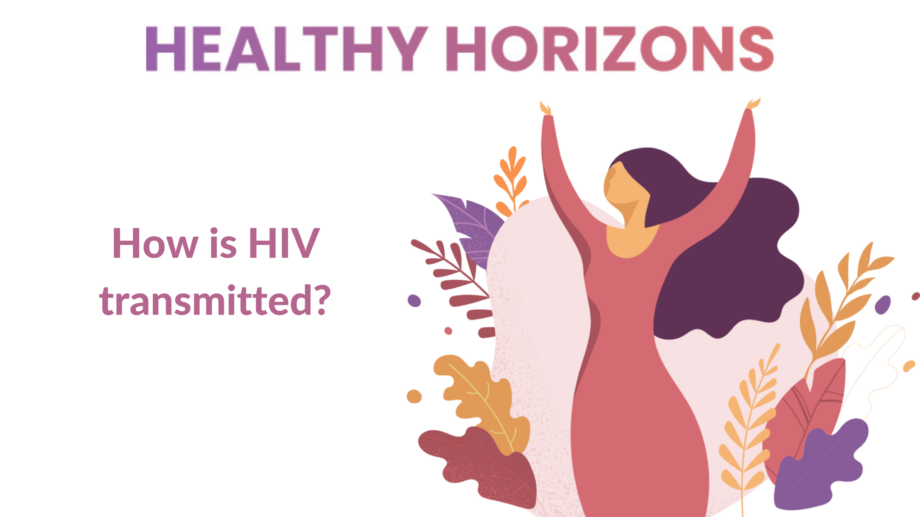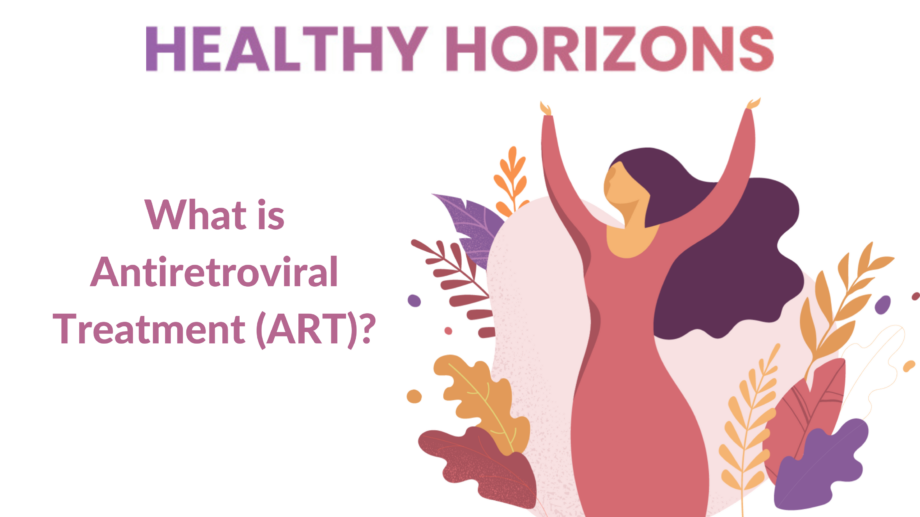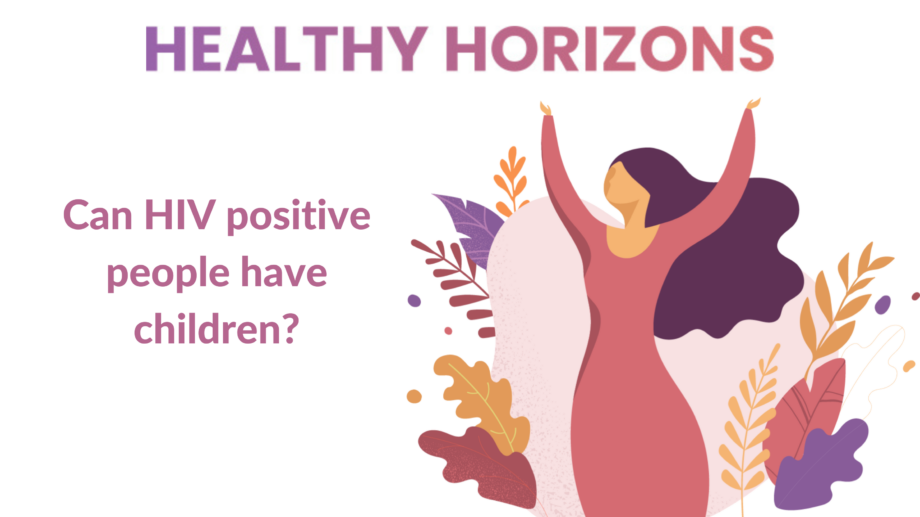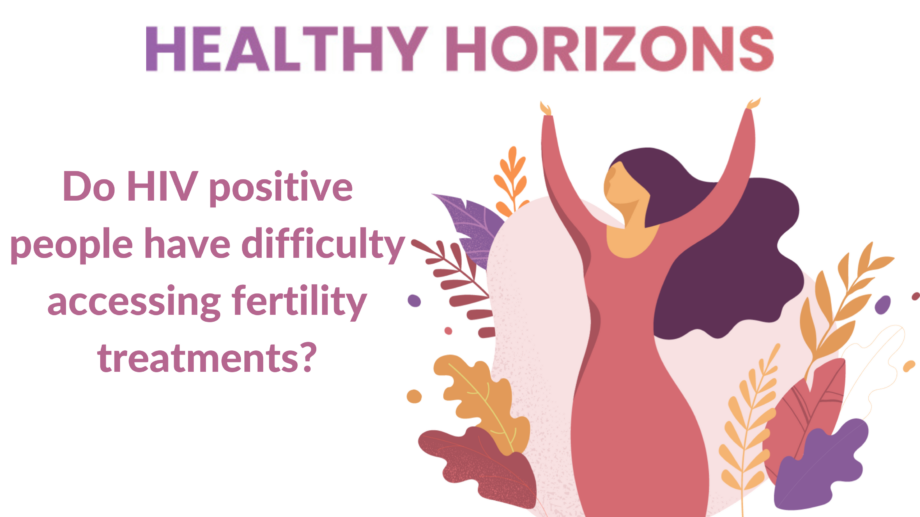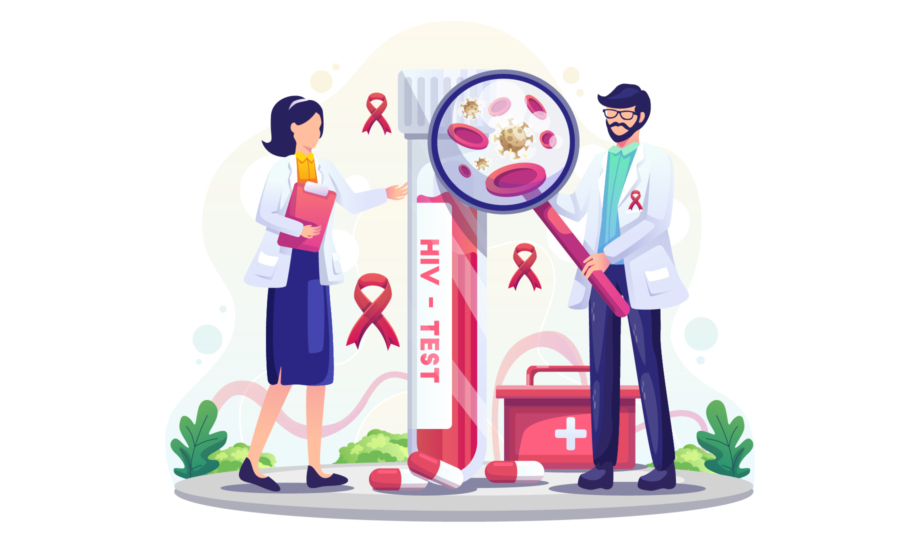Read Transcript
Dr Barbara Nattabi:
I just want to reiterate that HIV and AIDS are two separate things. So HIV which stands for Human Immunodeficiency Virus is a virus, while AIDS, which stands for Acquired Immunodeficiency Syndrome is actually the disease you get because you have HIV. So HIV as I said is a virus that was discovered in 1983. There are two types of HIV, HIV 1 and HIV 2, but the most common one is HIV 1. Now, HIV is transmitted through various ways. HIV can be found in an infected individual in their blood, in their semen, in their vaginal fluids and in their breast milk as well. Therefore HIV can be transmitted from one person to another during sexual intercourse. HIV can also be transmitted from mother to child when she is pregnant, when she is delivering the baby, and also when she is breastfeeding the baby. The other ways in which HIV can be transmitted but is much rarer, so for example a blood transfusion, or someone who is using, injecting drugs, using contaminated needles. These are the major ways in which HIV is transmitted.

